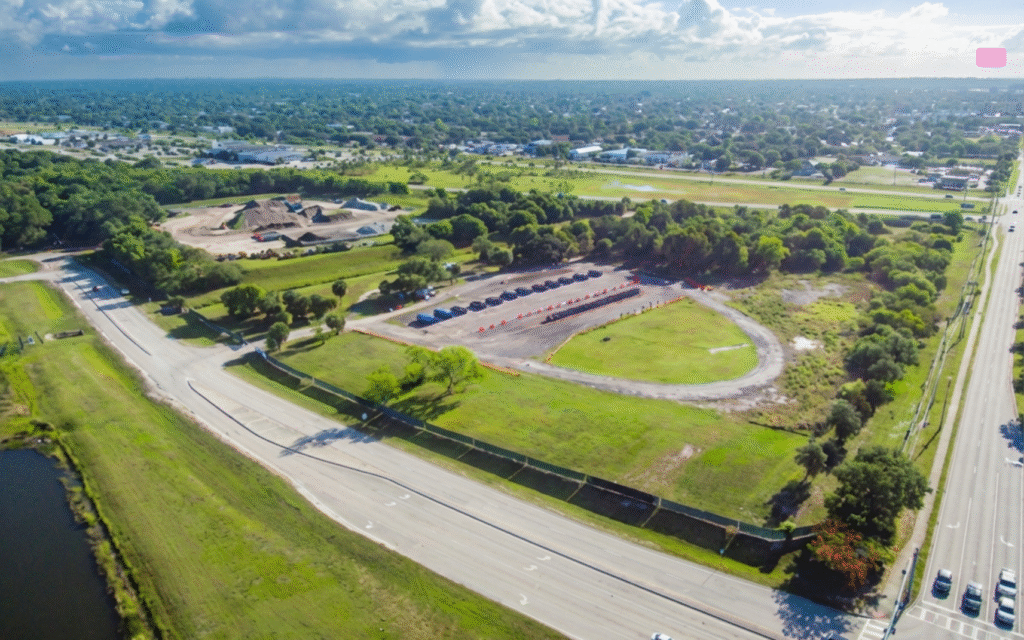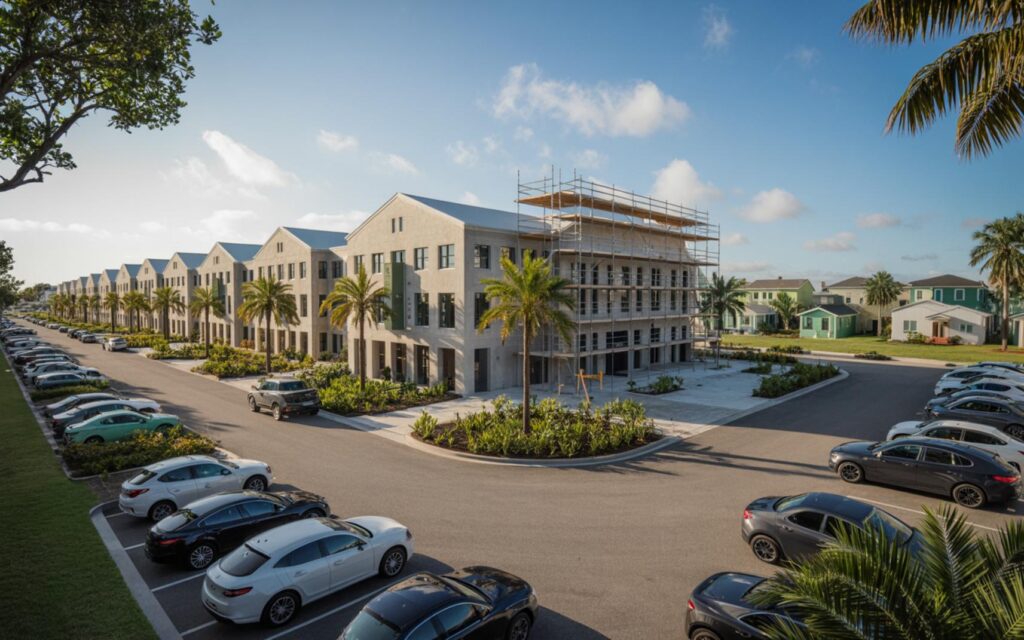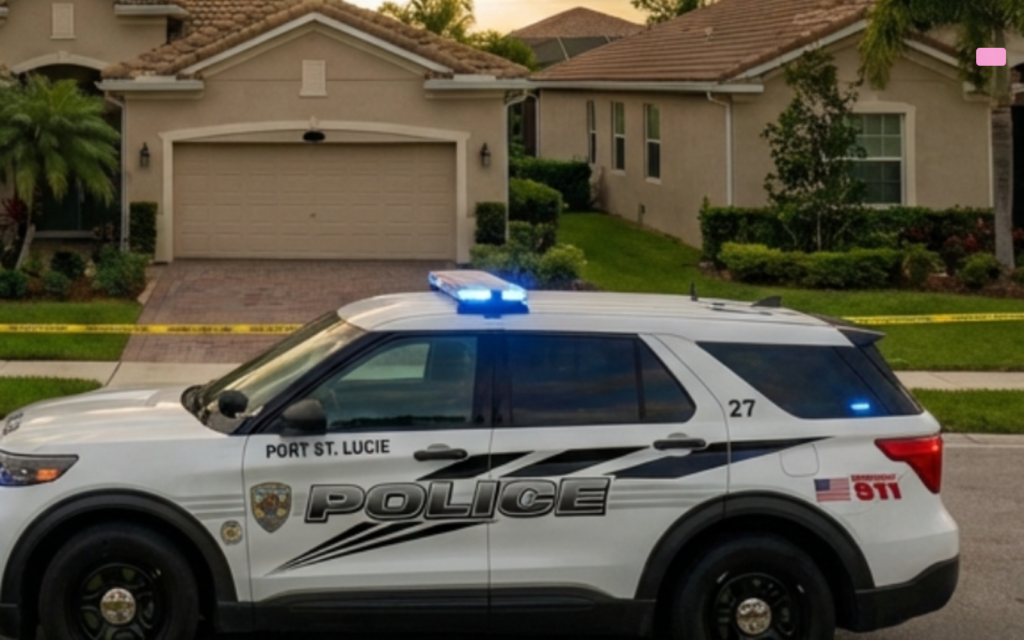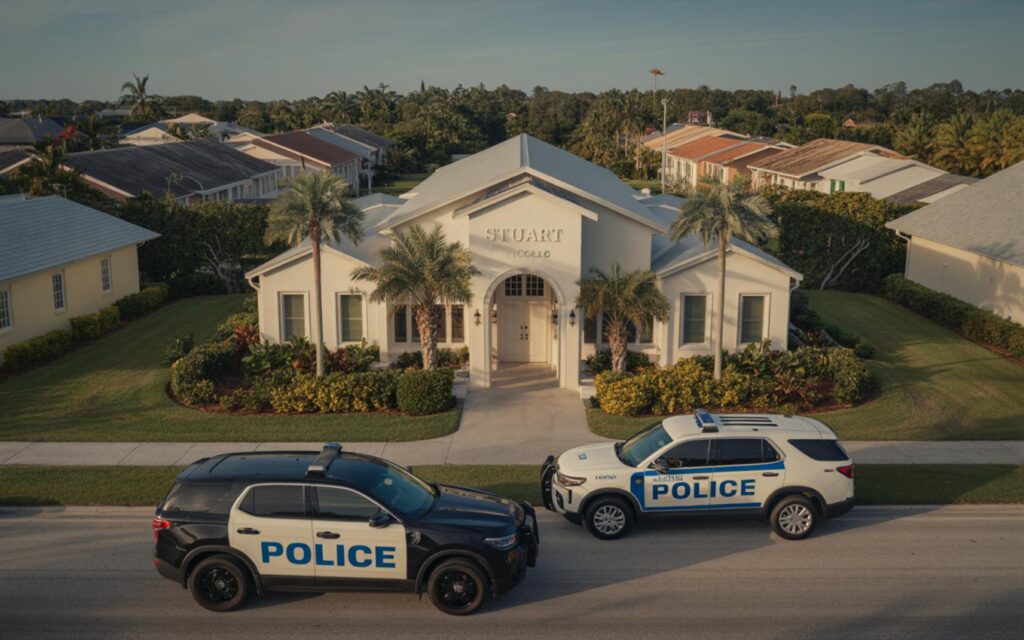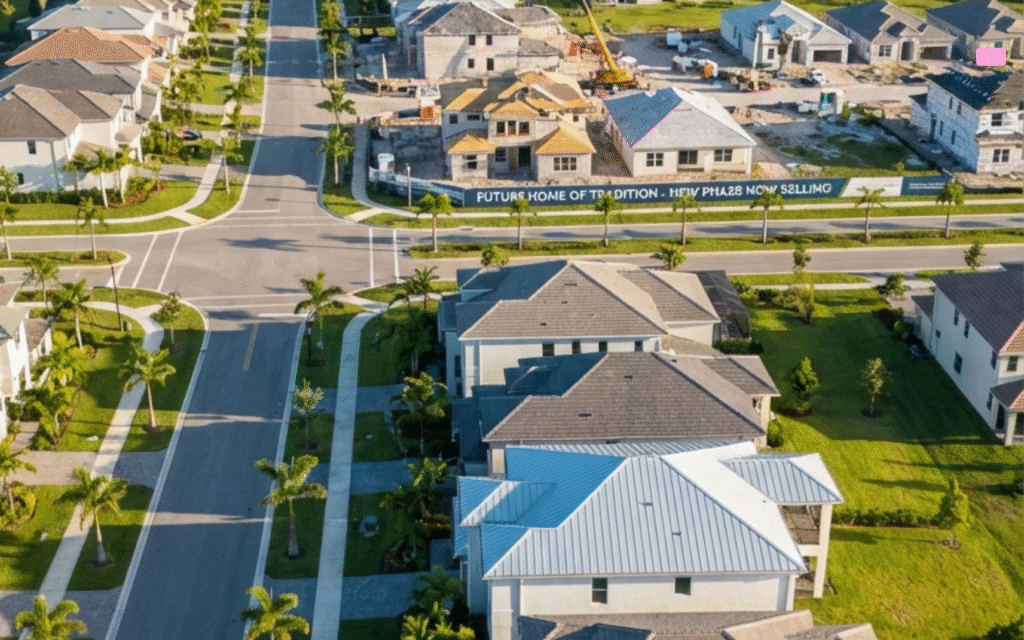St. Lucie County commissioner residency requirements are at the center of an ongoing investigation, according to recent reports and official sources. Allegations have surfaced regarding whether a sitting commissioner is in compliance with the mandated residency rules, a matter governed by both Florida law and the state constitution.
St. Lucie County Commissioner Residency Requirements Explained
Florida law and the state constitution require that each St. Lucie County Commissioner must reside in the district they represent for the full duration of their term. The St. Lucie County Board of Commissioners is composed of five members, each serving staggered four-year terms. Residency requirements are enforced throughout a commissioner’s service, and failure to comply results in a vacancy, according to official guidelines.
Legal Framework for Residency
The state constitution specifies that commissioners must maintain their primary residence within their elected district. If district boundaries are redrawn and a commissioner’s home is no longer within the original district, the law allows the commissioner to move into the new district boundaries without vacating their seat, provided the move aligns with their representation.
However, if a commissioner voluntarily relocates outside their district for reasons not related to redistricting, this is treated as abandonment of office. In such cases, the seat is declared vacant according to Florida statutes.
Current Investigation Into Commissioner Residency
Allegations have recently emerged regarding a St. Lucie County Commissioner’s compliance with residency requirements. According to official sources, surveillance evidence related to the commissioner’s residency has been submitted to the state governor’s office for review. The governor holds the authority to suspend public officials pending investigation if credible evidence of a violation is presented.
The investigation remains ongoing, and no final determination or official action has been announced as of the current date. Details may be updated as the investigation continues, according to official sources.
Process for Addressing Residency Violations
Legal experts emphasize that the process for handling alleged residency violations is well defined in Florida law. Investigations typically involve reviewing property records, utility bills, and surveillance materials to establish the actual residence of the commissioner in question.
If a violation is confirmed, the seat is declared vacant, and the governor may suspend the official. The procedures are designed to ensure due process and maintain the integrity of local governance.
Impact of Residency Requirements on St. Lucie County Governance
Residency requirements are considered essential for ensuring that commissioners genuinely represent their constituents in St. Lucie County. Violations can undermine public trust and affect the stability of local government operations.
The St. Lucie County Board of Commissioners has experienced turnover in recent years, with several commissioners serving short or appointed terms. The outcome of the current investigation could impact public confidence and influence future election cycles in the county.
Context: Residency Investigations in Florida
Residency investigations are not uncommon in Florida, especially following redistricting or public complaints. According to state law, most code enforcement complaints now require the complainant’s identity, except in cases of imminent threat to public welfare. This change aims to increase transparency and accountability in the complaint process.
- Commissioners must reside in their district throughout their term
- Failure to maintain residency results in a vacancy
- Redistricting allows for relocation within new boundaries
- Governor may suspend officials pending investigation
- Investigations rely on property, utility, and surveillance records
Frequently Asked Questions About St. Lucie County Commissioner Residency Requirements
What are the residency requirements for St. Lucie County Commissioners?
Commissioners must live in the district they represent for the entire duration of their term. If they move out of the district for reasons other than redistricting, their seat is declared vacant according to Florida law.
How are residency violations investigated in St. Lucie County?
Investigations typically involve checking property records, utility bills, and surveillance to determine where a commissioner actually lives. The process follows procedures outlined in state law.
Can a St. Lucie County Commissioner move if district boundaries change?
If redistricting causes a commissioner’s home to fall outside their district, they may relocate within the new boundaries without losing their seat. The move must align with the updated district they represent.
Are residency investigations common for Florida county commissioners?
Residency investigations are not unusual, especially after redistricting or when complaints are made by the public. Such cases are handled according to established legal procedures.
Where can I find official information about St. Lucie County commissioner requirements?
Official information is available from the St. Lucie County government website and the Florida Department of State. Details may also be published by the governor’s office during ongoing investigations.

